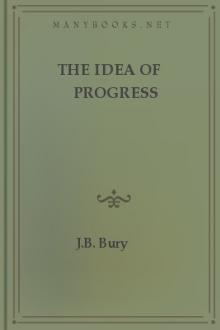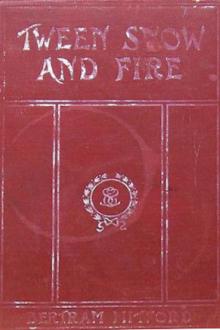The Idea of Progress
The Idea of Progress
Book Excerpt
for otherwise the
direction would not be desirable. There is also a further
implication. The process must be the necessary outcome of the
psychical and social nature of man; it must not be at the mercy of
any external will; otherwise there would be no guarantee of its
continuance and its issue, and the idea of Progress would lapse into
the idea of Providence.
As time is the very condition of the possibility of Progress, it is obvious that the idea would be valueless if there were any cogent reasons for supposing that the time at the disposal of humanity is likely to reach a limit in the near future. If there were good cause for believing that the earth would be uninhabitable in A.D. 2000 or 2100 the doctrine of Progress would lose its meaning and would automatically disappear. It would be a delicate question to decide what is the minimum period of time which must be assured to man for his future development, in order that Progress should possess value and appeal to the emotions. The recorded history of ci
Editor's choice
(view all)Popular books in History, Philosophy
Readers reviews
5.0
LoginSign up
This 1921 work follows and refines Bury's 1913 work, THE HISTORY OF PROGRESS. The titles indicate their content: a historical survey of the rise of progressive thought from pre-Christian to the late 19th. Century. After WW1, which seemed not to affect Bury's liberal optimism, the genre of optimistic historiography seems to have suffered a setback.
- Upvote (0)
- Downvote (0)

 Free Download
Free Download























-itok=vcKIB5v1.jpg)